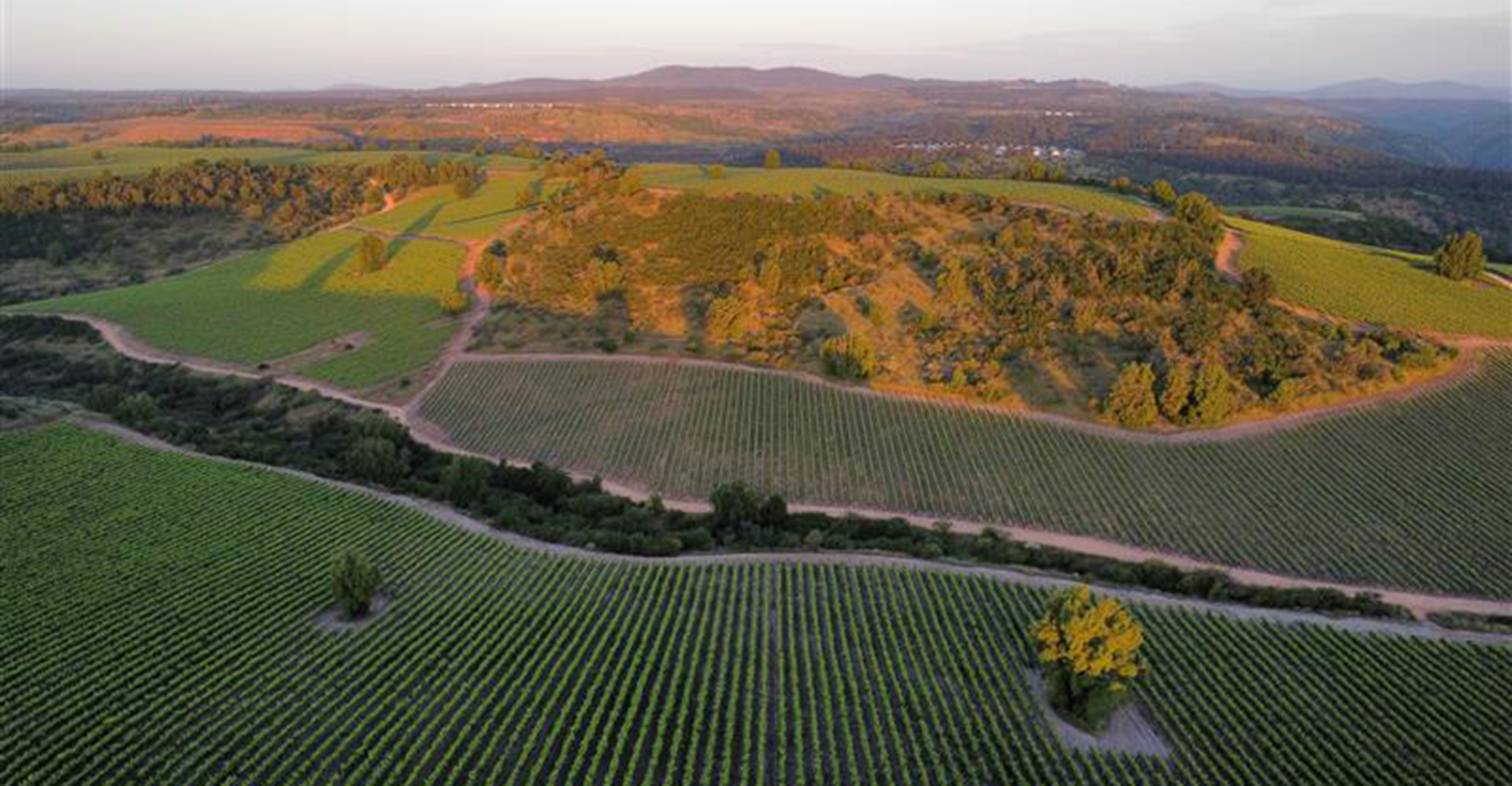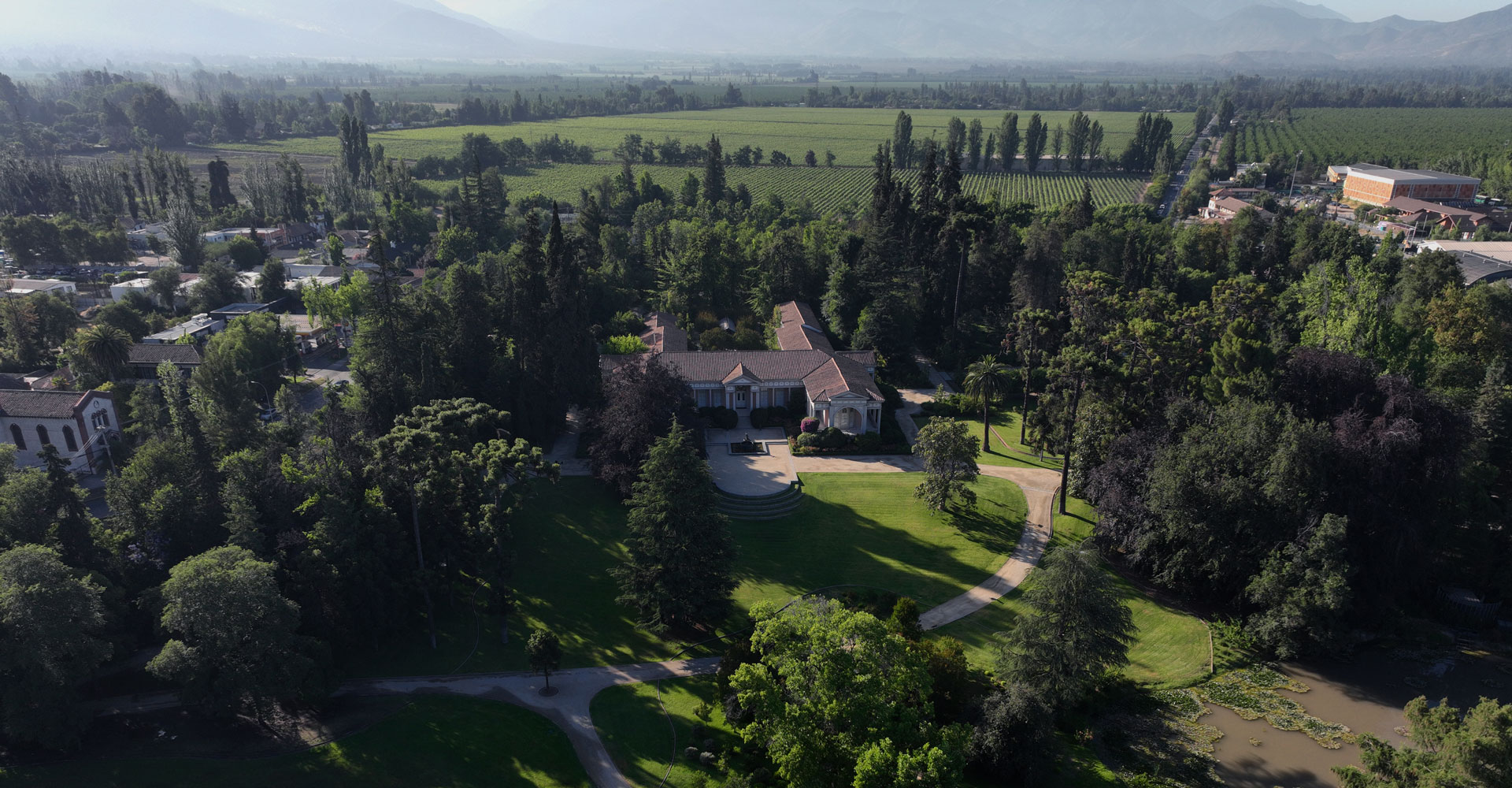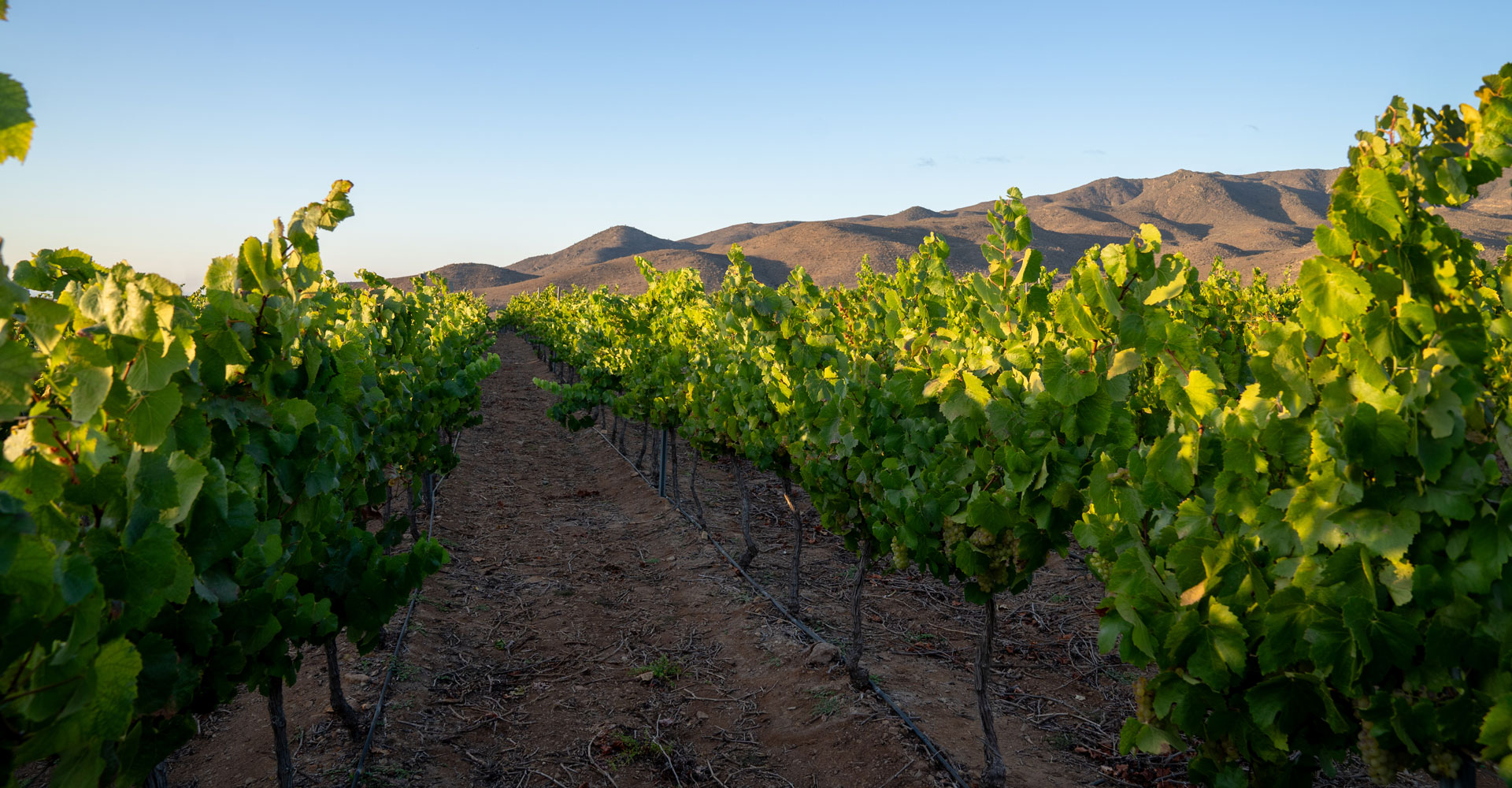12 de November de 2020
Concha y Toro stands out with its sustainability report
At Concha y Toro, we seek to move forward with solutions that add value to our consumers by believing in the power of research, development and systematic innovation for a connected and sustainable future.
The latest version of the global Hallbars Sustainability Reports Awards ranked Viña Concha y Toro’s 2018 Sustainability Report among the world’s best in the Food and Beverage sector.

“We are delighted that this report’s version has received such great recognition. This document reflects the efforts of the company’s different areas regarding Sustainability. It is a recognition to all those who participate in its making. It is a significant effort of transparency and the promotion of Sustainability to different actors and interested parties“, explains Valentira Lira, Concha y Toro’s Assistant Manager of Sustainable Development.
This recognition shows our interest in understanding the value of growing in harmony with the natural and social environment. Each stage of our work operates by incorporating sustainability and generating virtuous links to give each bottle what the earth has given us. Likewise, we own and manage vineyards to cultivate grapes only used for wine production with a total of 9,167 hectares.
We use environmental practices through the efficient use of energy and water, management of greenhouse gas emissions, circular economy, biodiversity watch, and adaptation to the environment’s climatic conditions through the analysis of risks and opportunities.
- Water and energy use

Aware that water scarcity has become a critical global issue, we recognize that water conservation is an ongoing challenge for industry and society. For this reason, the irrigation system we use is 100% drip irrigation, achieving a result of -47% of the industry average in the water footprint in 2019.
Likewise, energy is one of our productive processes ‘ primary resources, becoming a fundamental pillar to obtain conscious and sustainable products. We have solar plants installed in the fields from north to south, certifying us as a responsible energy company. Since 2017 the reduction of this resource has decreased by 10%, and in 2019 we achieved an 83% use of renewable energies.
- Target 2050: zero carbon emissions

We measure carbon footprint with the GHG Protocol Corporate Accounting and Reporting Standard under an operational control approach that includes direct and indirect emissions.
Direct emissions come primarily from fuel use, land use, refrigerant gases, and indirect emissions resulting from activities not directly controlled by us, such as transportation of inputs, product distribution, and business travel.
The reduction of GHG emissions has advanced by 30% since 2014. However, we seek to achieve independence from fossil fuels to reach zero GHG emissions by 2050.










